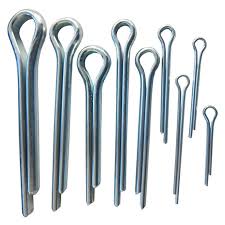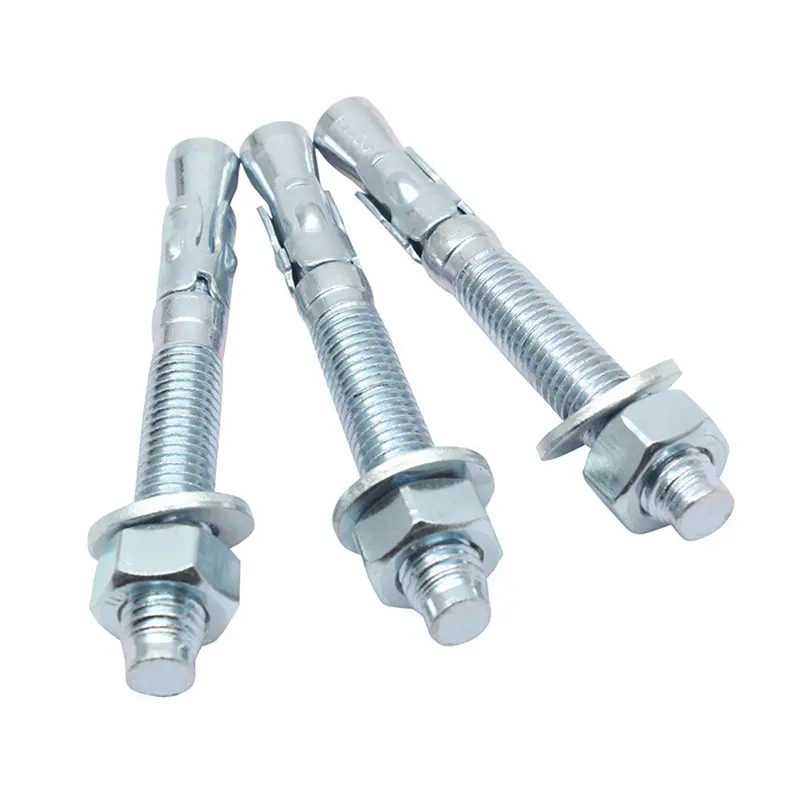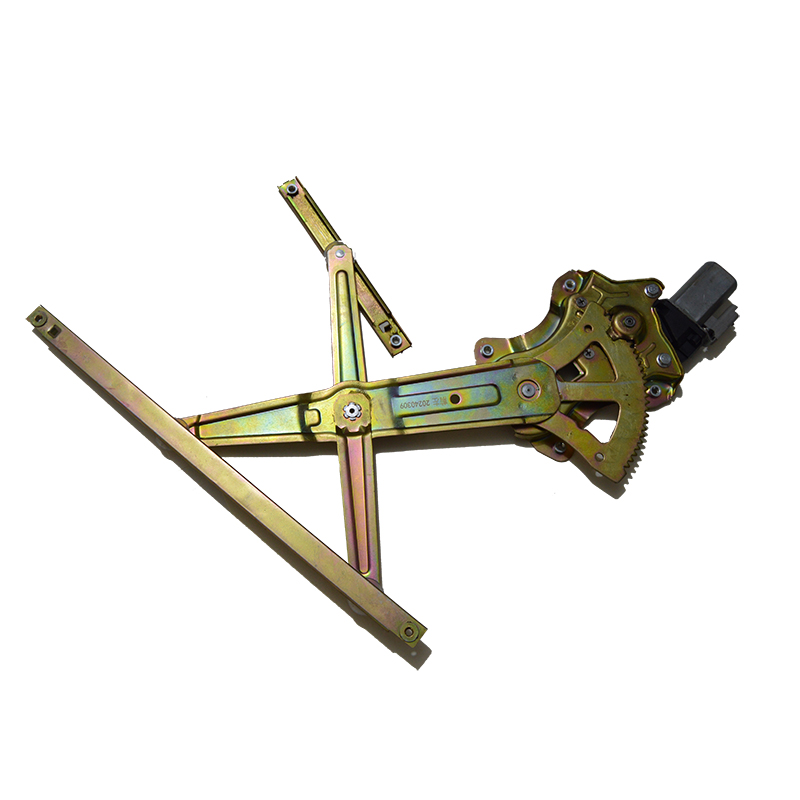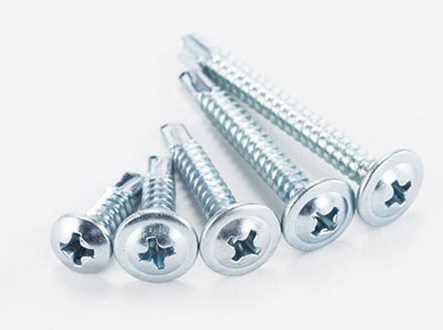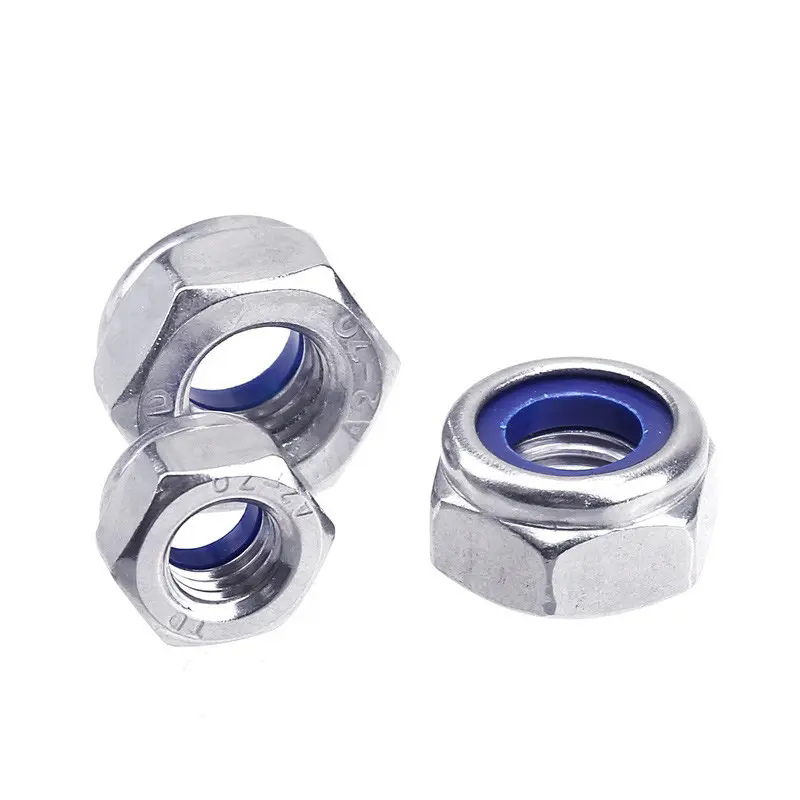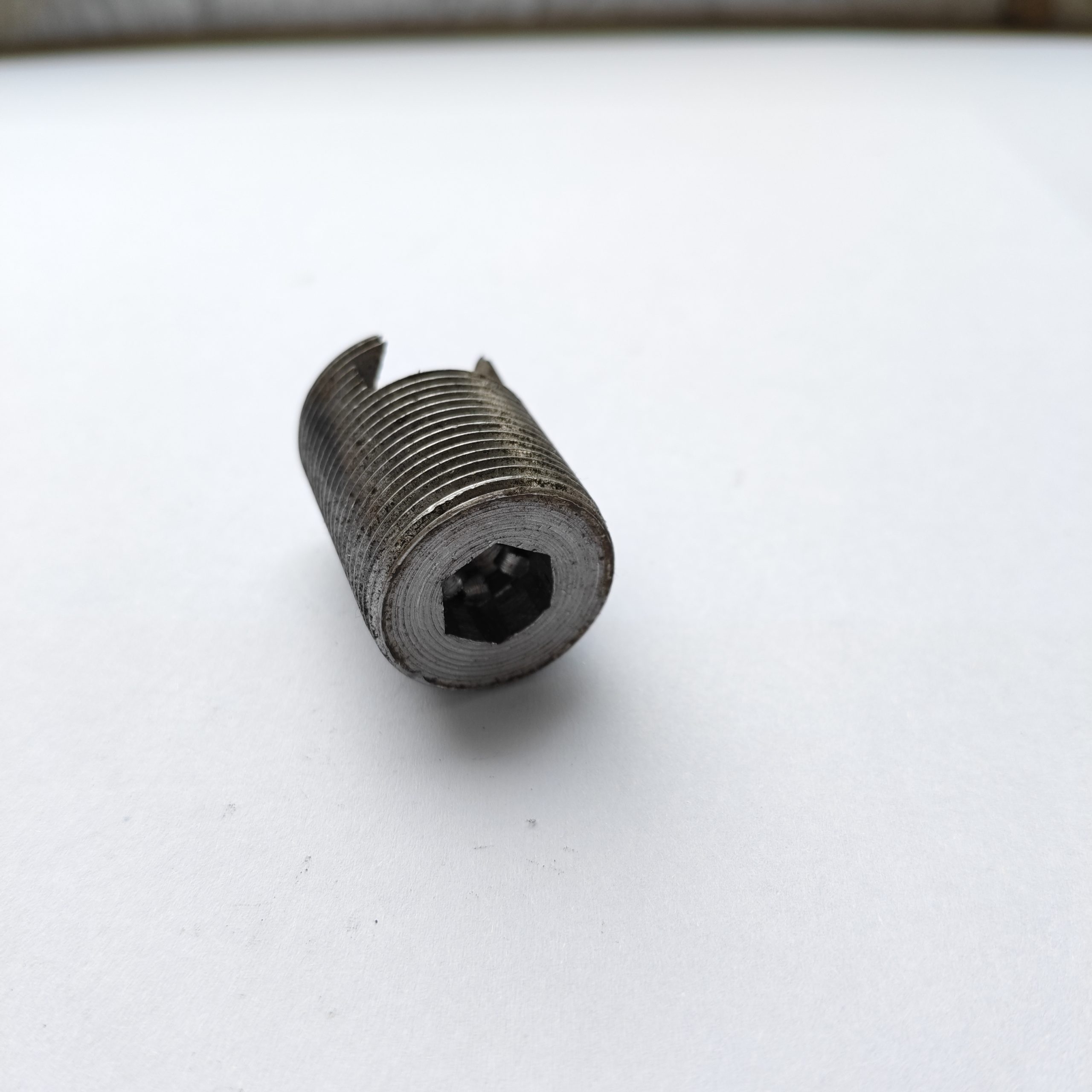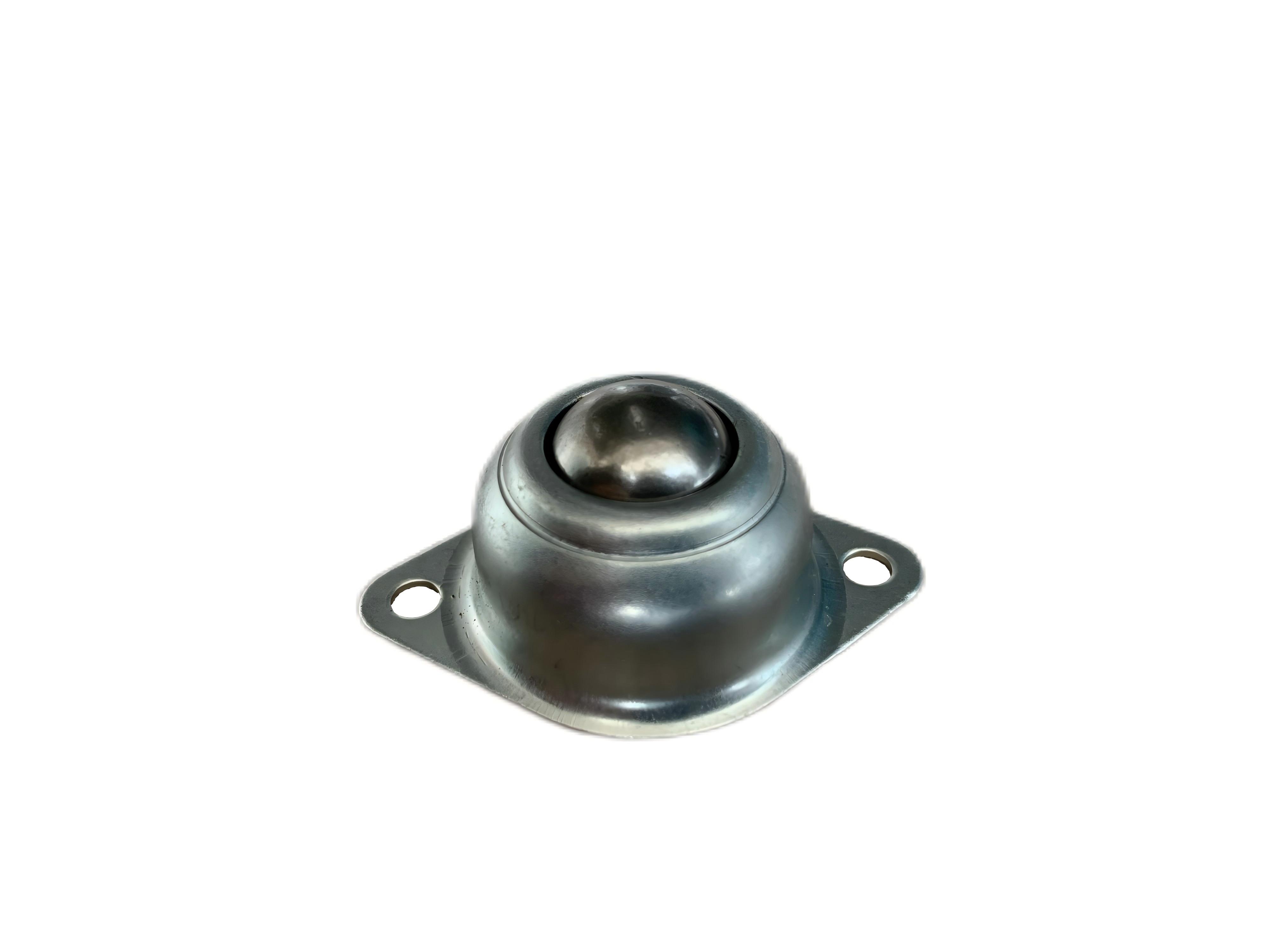

This comprehensive guide explores the world of horseshoe shims, covering their applications, types, selection criteria, and installation techniques. Learn how to choose the right shim for your specific needs and avoid common mistakes. We'll delve into the practical aspects of using horseshoe shims to achieve precise alignment and stability in various applications.
Horseshoe shims are thin, typically wedge-shaped, pieces of metal used to adjust the alignment or spacing between two surfaces. Their unique horseshoe shape provides a robust and stable solution compared to other shim types. They are commonly made from materials like steel, brass, or aluminum, chosen for their strength, durability, and corrosion resistance. The design allows for simple insertion and removal, making adjustments easy. Different sizes and thicknesses are available to accommodate various needs and tolerances.
The material of a horseshoe shim significantly impacts its properties. Steel horseshoe shims offer high strength and durability, making them suitable for heavy-duty applications. Brass horseshoe shims provide excellent corrosion resistance, ideal for environments with moisture or chemicals. Aluminum horseshoe shims are lightweight yet offer decent strength and are often preferred in applications where weight reduction is crucial. The choice of material depends on the specific application and environmental conditions.
Horseshoe shims are manufactured in a range of thicknesses and sizes to accommodate various applications. Thinner shims are used for fine adjustments, while thicker shims are suitable for larger gaps. Understanding the required thickness is crucial for achieving precise alignment. Manufacturers often provide detailed specifications, including dimensions and tolerances, for each shim type. You can find a wide selection from various suppliers, ensuring you find the perfect fit for your project.
Horseshoe shims find use in a variety of industries and applications where precise alignment and adjustment are critical. Common applications include:
Choosing the right horseshoe shims involves considering several factors:
Proper installation of horseshoe shims is crucial to ensure their effectiveness and longevity. Avoid forcing shims into place, as this can damage them or the surrounding components. Use appropriate tools to carefully insert and position the shims. Regular inspection after installation can help identify any potential issues early on.
For high-quality horseshoe shims and other fasteners, consider exploring reputable suppliers like Hebei Dewell Metal Products Co., LTD. They offer a wide range of products and excellent customer service. Always ensure the supplier provides detailed specifications and guarantees the quality of their horseshoe shims to meet your specific requirements.
| Material | Strength | Corrosion Resistance | Weight |
|---|---|---|---|
| Steel | High | Moderate | High |
| Brass | Moderate | High | Moderate |
| Aluminum | Moderate | Moderate | Low |
Remember to always prioritize safety and use appropriate safety measures when working with horseshoe shims and other tools.


